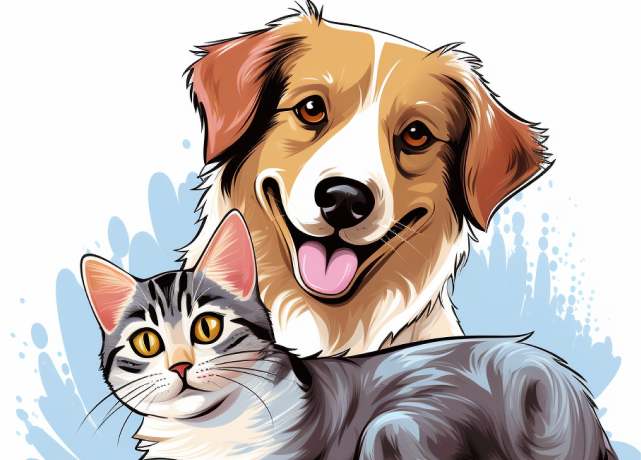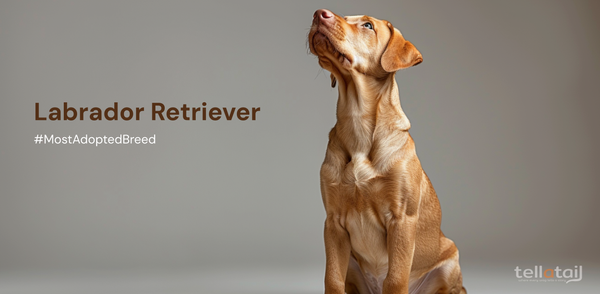The Unspoken Bond: Understanding the Language of Whiskers and Tails

In the quiet corners of our urban jungles and sprawling suburbs, a silent language is spoken – one of wags, purrs, and gentle nudges. This language, bridging the gap between humans and their pets, is laden with tales of companionship and mutual understanding.
The Language of Tails and Whiskers
Dr. Angela Hughes, a veterinary genetics research manager, states, "Dogs and cats communicate with us on a level that's remarkably human-like. A dog's wagging tail or a cat's purring can convey complex emotions and messages to their owners." Indeed, a study by the University of Lincoln found that dogs, through specific tail wags, can express emotions ranging from happiness to anxiety and even potential threats.
Global Tales of Companionship
Across the globe, these non-verbal cues form an integral part of the pet-human bond. In Japan, a survey revealed that 90% of pet owners view their pets as family members, reflecting a deep emotional connection that transcends verbal communication.
Deciphering the Silent Conversations
Understanding these cues can lead to a more harmonious and responsive relationship with our pets. "It's about learning to read their body language," explains animal behaviorist Rebecca Johnson. "For instance, a slowly blinking cat is showing trust and contentment, while a dog yawning might be indicating stress."
The Emotional Impact of Pet Communication
This understanding goes beyond mere companionship. According to a study published in Science, interactions with pets, especially through mutual gaze, can increase levels of oxytocin, often referred to as the 'love hormone,' in both the pet and the owner. This biochemical dialogue speaks volumes of the profound emotional connection shared.
Conclusion
As we delve deeper into the world of pet communication, we uncover a language that's as rich and complex as any spoken word. It's a language that resonates with the heart, strengthening the bond we share with our four-legged companions.
#PetCommunication #AnimalBehavior #PetBodyLanguage #DogBehavior #CatBehavior #PetBonding #AnimalEmotions #PetParenting #PetCareTips #UnderstandingPets #PetPsychology #AnimalWelfare #PetHealth #PetLovers #CompanionAnimals




